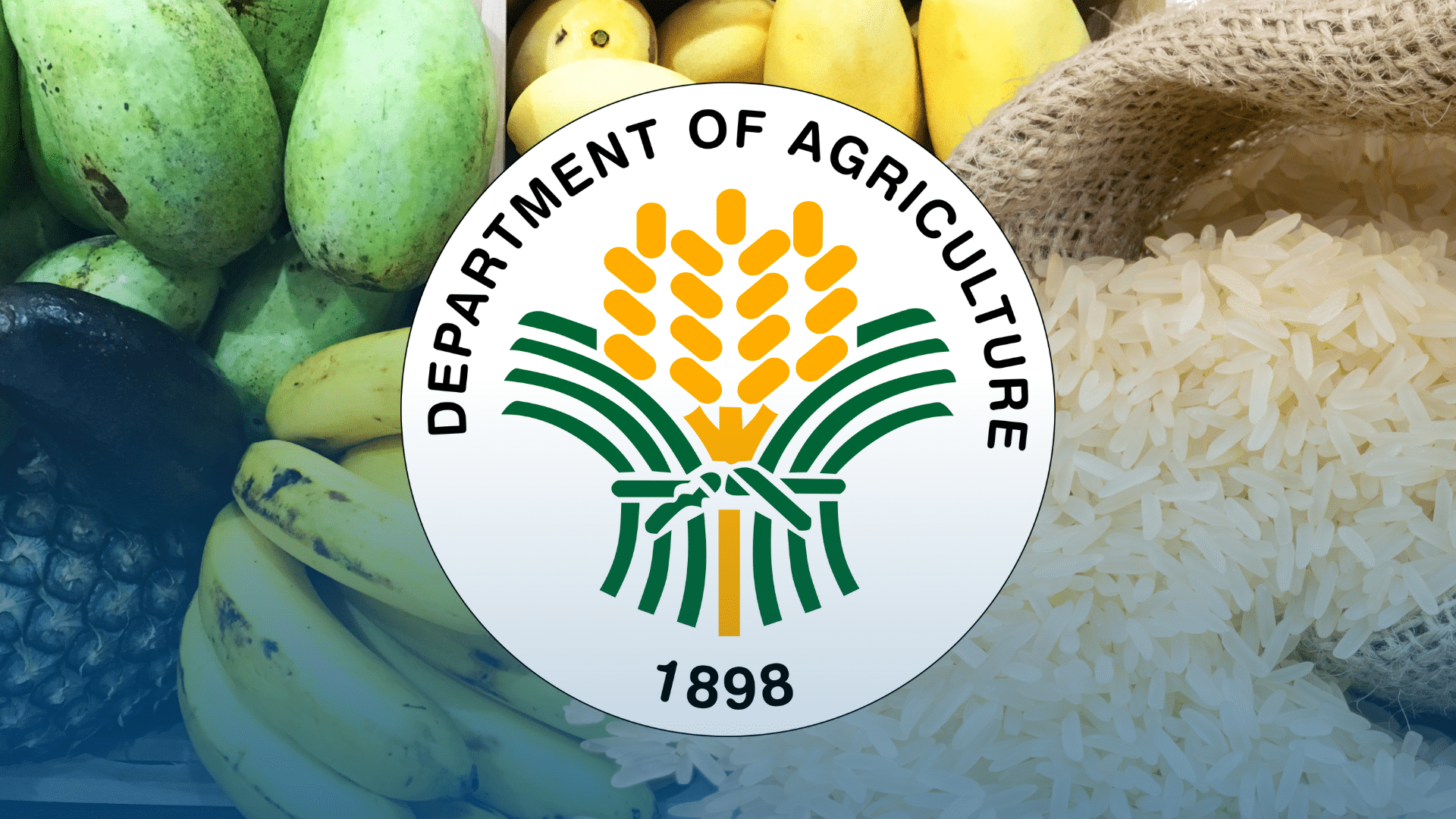
PRICES of rice are expected to drop by P6 to P7 per kilogram (kg) in the coming months with the lowering of the rice tariff, the Department of Agriculture (DA) said on Saturday.
The reduced tariff is provided under Executive Order (EO) 62 issued recently by President Ferdinand Marcos Jr.
"So, we expect, according to the first forecast of the Philippine Statistics Authority (PSA), that the price of imported rice will decrease from P6 to P7 because of this tariff reduction," Agriculture Assistant Secretary Arnel de Mesa said during a Saturday News Forum in Quezon City.
President Ferdinand Marcos Jr., through Executive Secretary Lucas Bersamin, on Thursday approved EO 62 to formalize changes to the 2024-2028 tariff program.
The order will effectively cut the rice levy from 35 percent to 15 percent.
De Mesa said the validity of EO 62, particularly on the rice tariff reduction, was 15 days upon its publication, or by July 6, while those for other commodities would take effect 30 days upon its publication.
"So, if it takes effect on July 6, we can expect that within August, there will be the arrival of imported rice. If such a tariff is applied immediately, there's a new tariff scheme for rice," he said.
The DA anticipates a price decrease by August, coinciding with the expected arrival of imported rice from Vietnam within the next three to four weeks.
With a landed cost of P46 to P47 per kilo and additional expenses factored in, the retail price of imported rice was projected to reach around P52 per kilo.
According to the DA price watch, well-milled rice sold in public markets during the last day of May stood at P48 to P55 per kilo, while regular milled rice was priced around P45 to P52 per kilo.
President Marcos' campaign promise is to reduce the price of rice to P20 a kilo.
At a Palace briefing earlier this month, Socioeconomic Planning Secretary Arsenio Balisacan said the move was seen to bring down the price of rice to P29 a kilo.
"The Department of Agriculture (DA) is aiming for a reduction [to] P29 per kilo, at least for the poor, because we will complement this tariff reduction with the direct subsidies to the poor and vulnerable so that at least they could access the food," Balisacan said.
De Mesa said that EO 62 did not aim to set aside local production of Filipino farmers but to ensure affordable prices of imported commodities.
"Again, our priority is still the local production," de Mesa said, debunking impressions that EO 62 aims to provide more income to foreign farmers than Filipinos.
The DA officials said the government was looking for ways to reduce rice tariffs and eventually reduce rice prices in the Philippines.
Prices of rice in the country are also affected by the movement of prices in the international market, he said.
The review aims to determine if there are significant changes in prices of commodities in the international market, particularly on rice, that have to be determined by the Tariff Commission or by the government, he added.
Meanwhile, de Mesa assured beneficiaries of its "Bigas 29" program that they would be provided with good-quality rice.
He said the aging rice stocks would undergo the National Food Authority's (NFA) laboratory and sensory test.
Aging stocks are rice that has been stocked for three months and palay or unhusked rice that has been stocked for six months.
The Bigas 29 program, recently approved by the NFA Council, aims to provide affordable rice worth P29 per kilogram for select beneficiaries.
De Mesa said Bigas 29 would benefit about 6.9 million households or approximately 34 million individuals.
Among the beneficiaries are the vulnerable sector, including members of the government's conditional cash transfer program, senior citizens, persons with disabilities and solo parents.
De Mesa said the DA was addressing logistical, administrative and financial concerns to ensure a smooth rollout of the program next month.
"We have an ongoing trial period so that we can see those possible logistical, administrative and financial concerns that we want to be fixed before having a rollout, again, within July," he said.
Read The Rest at :




